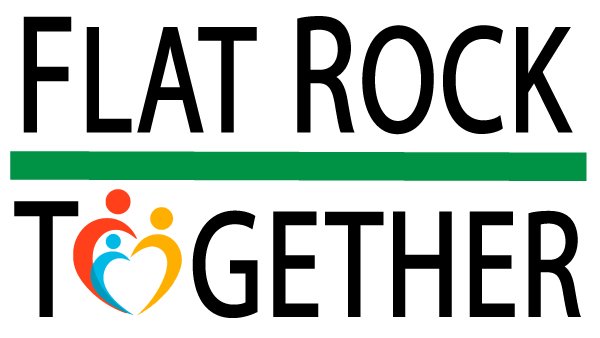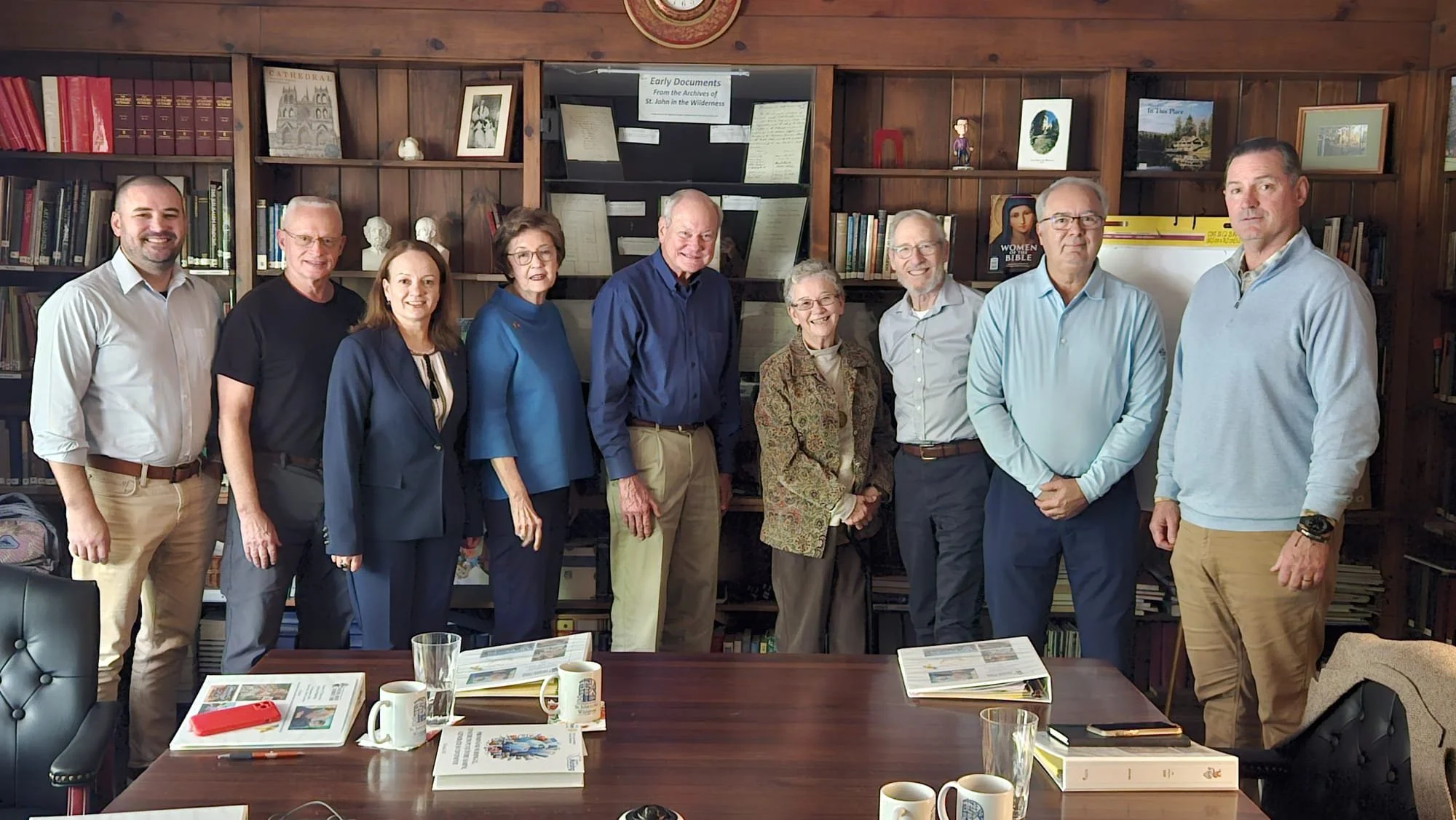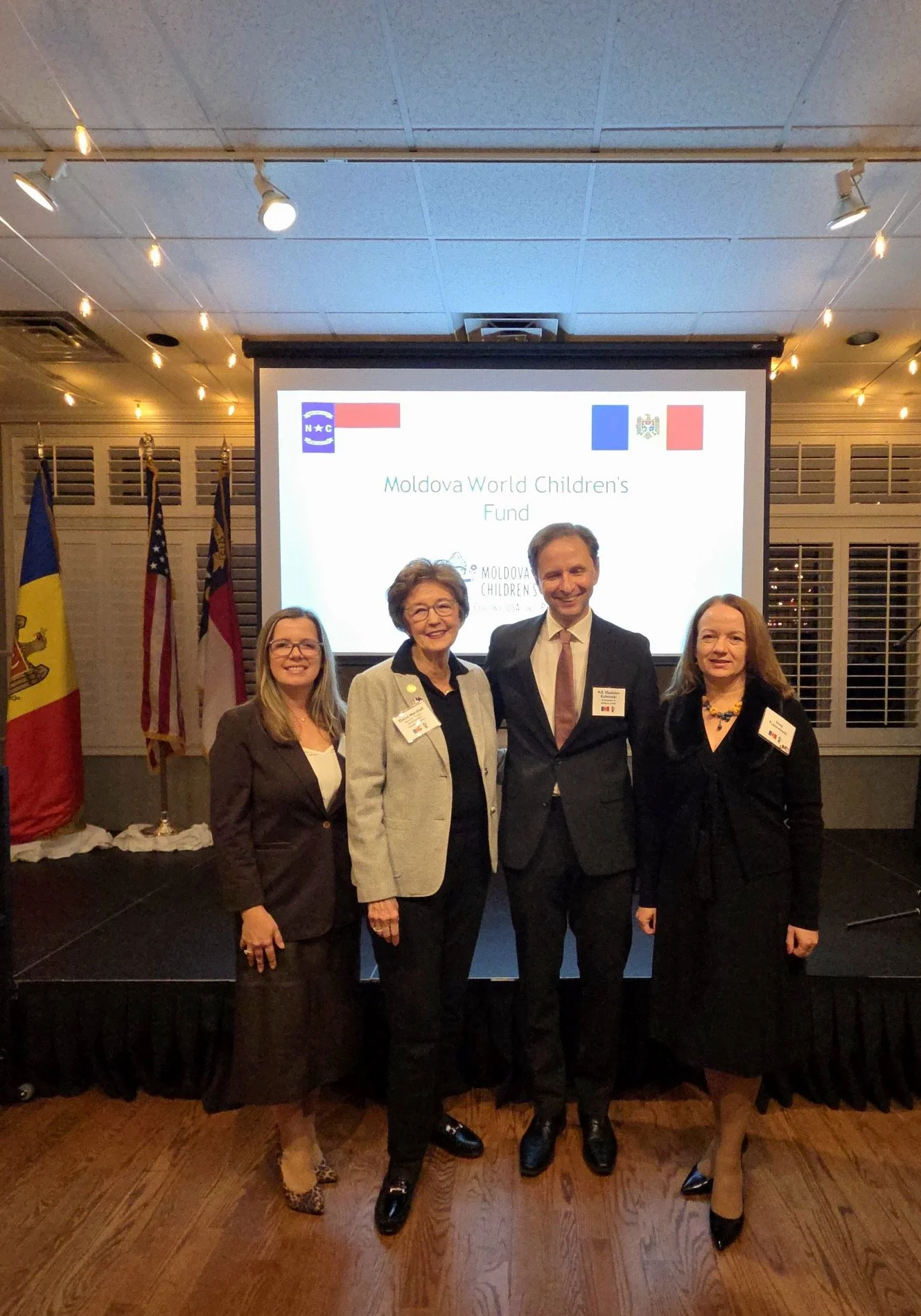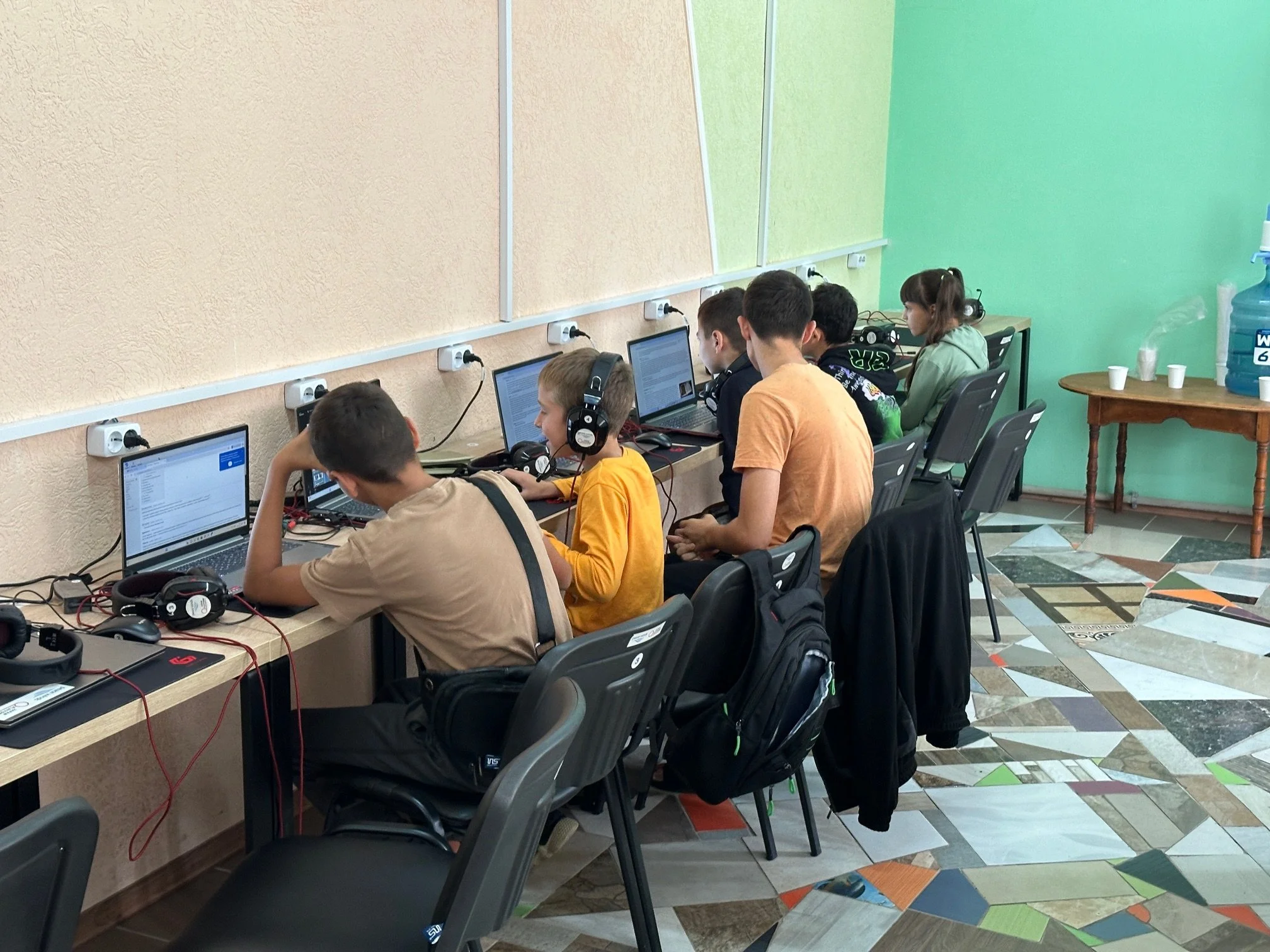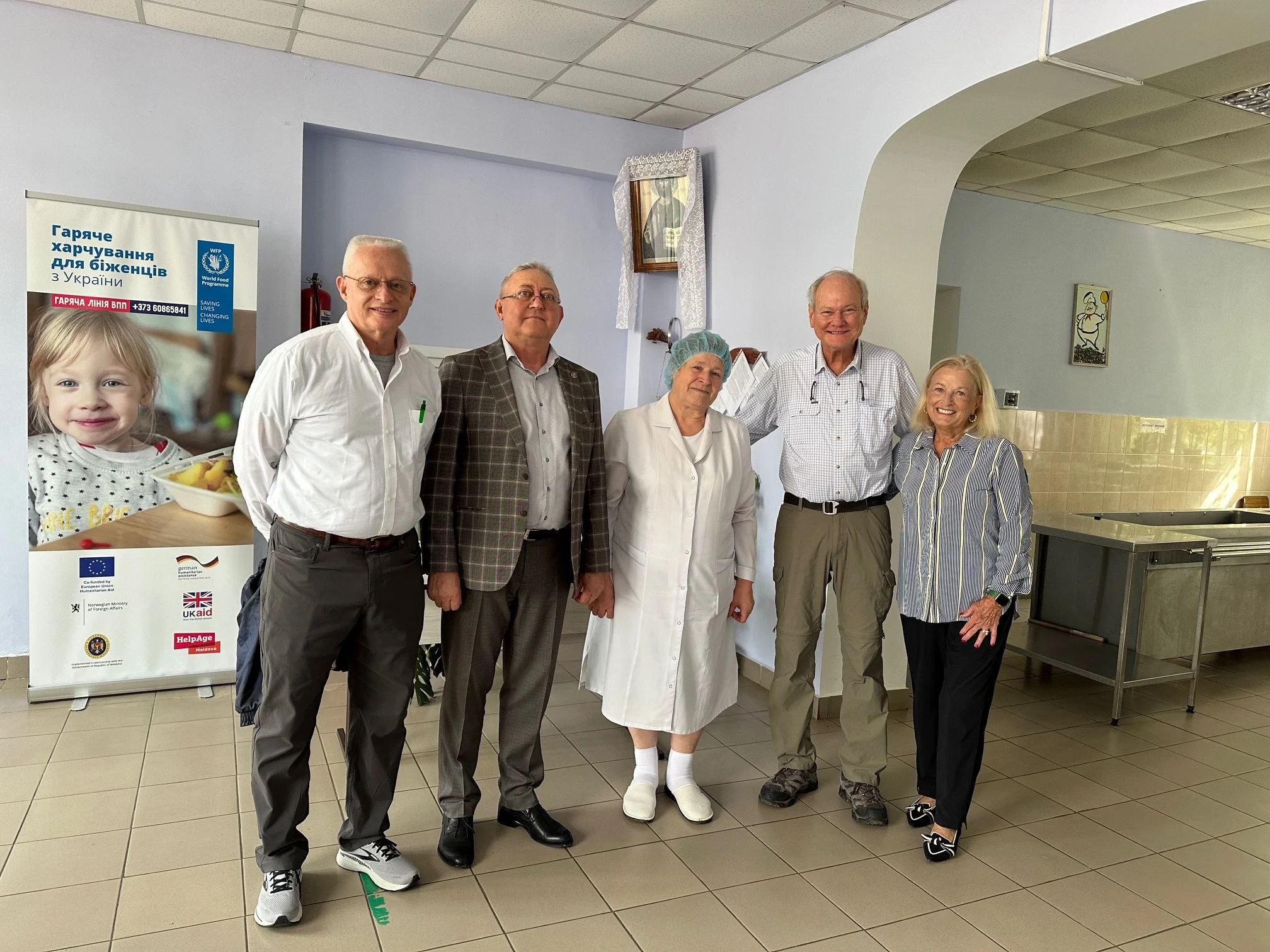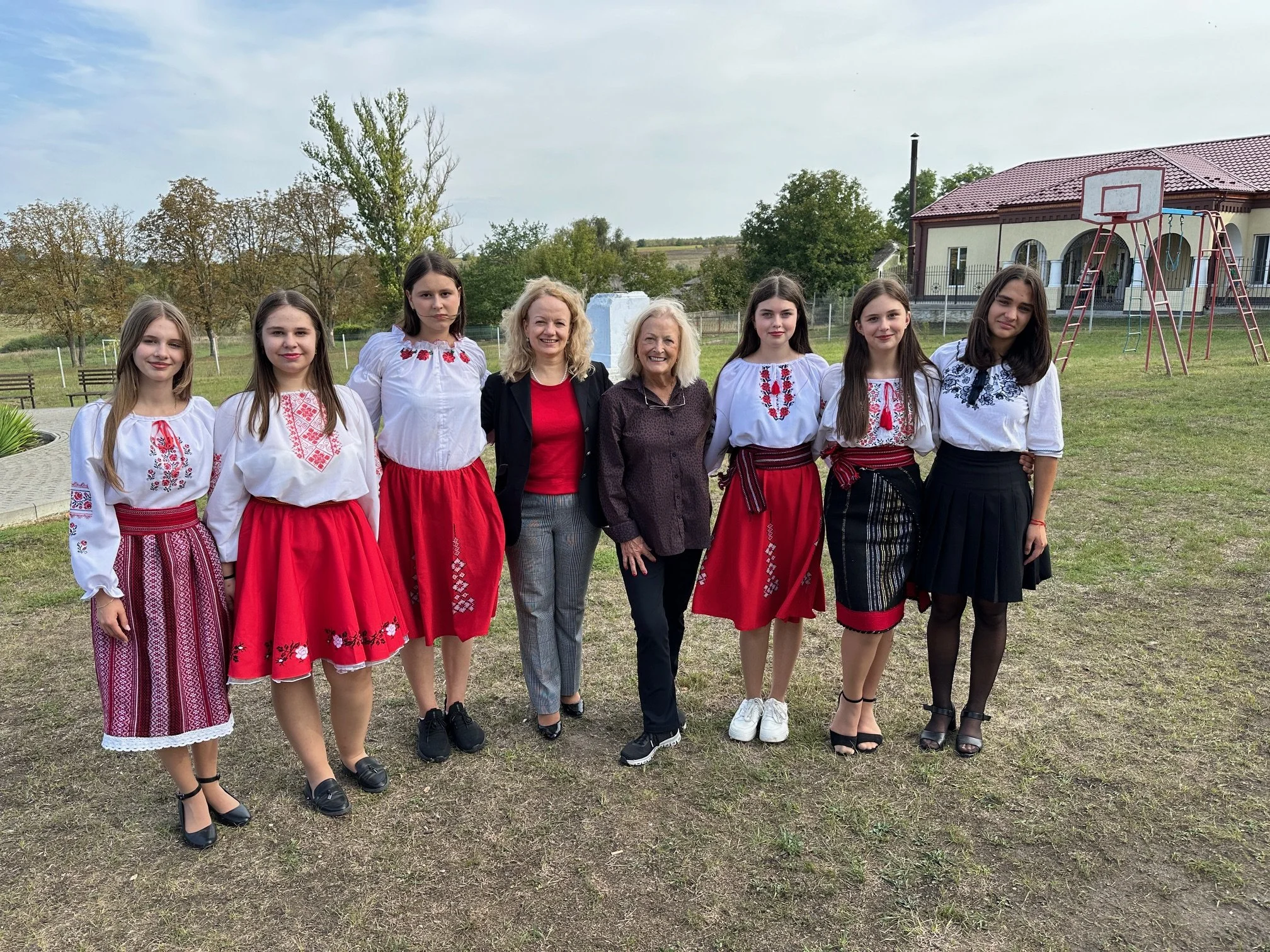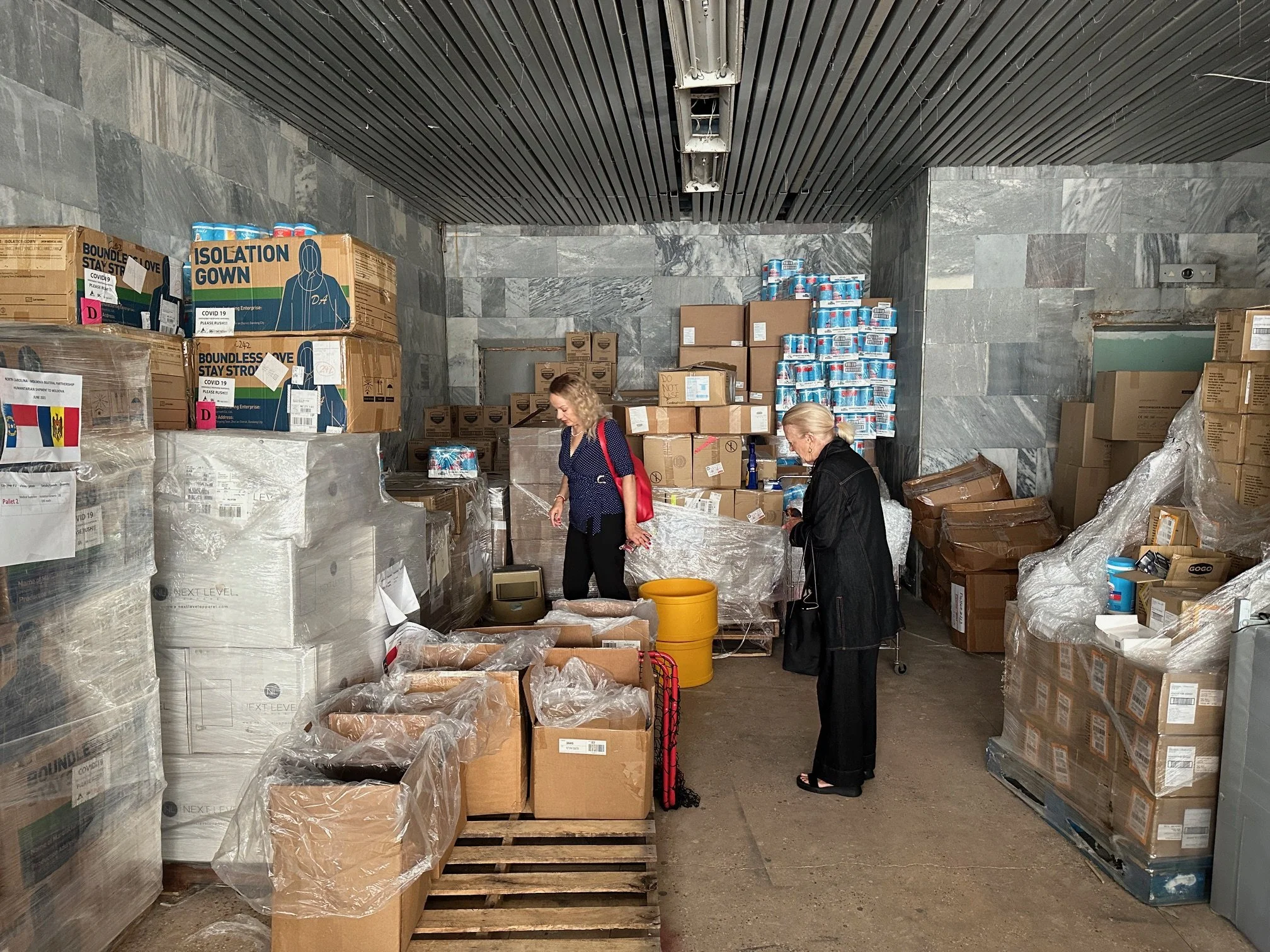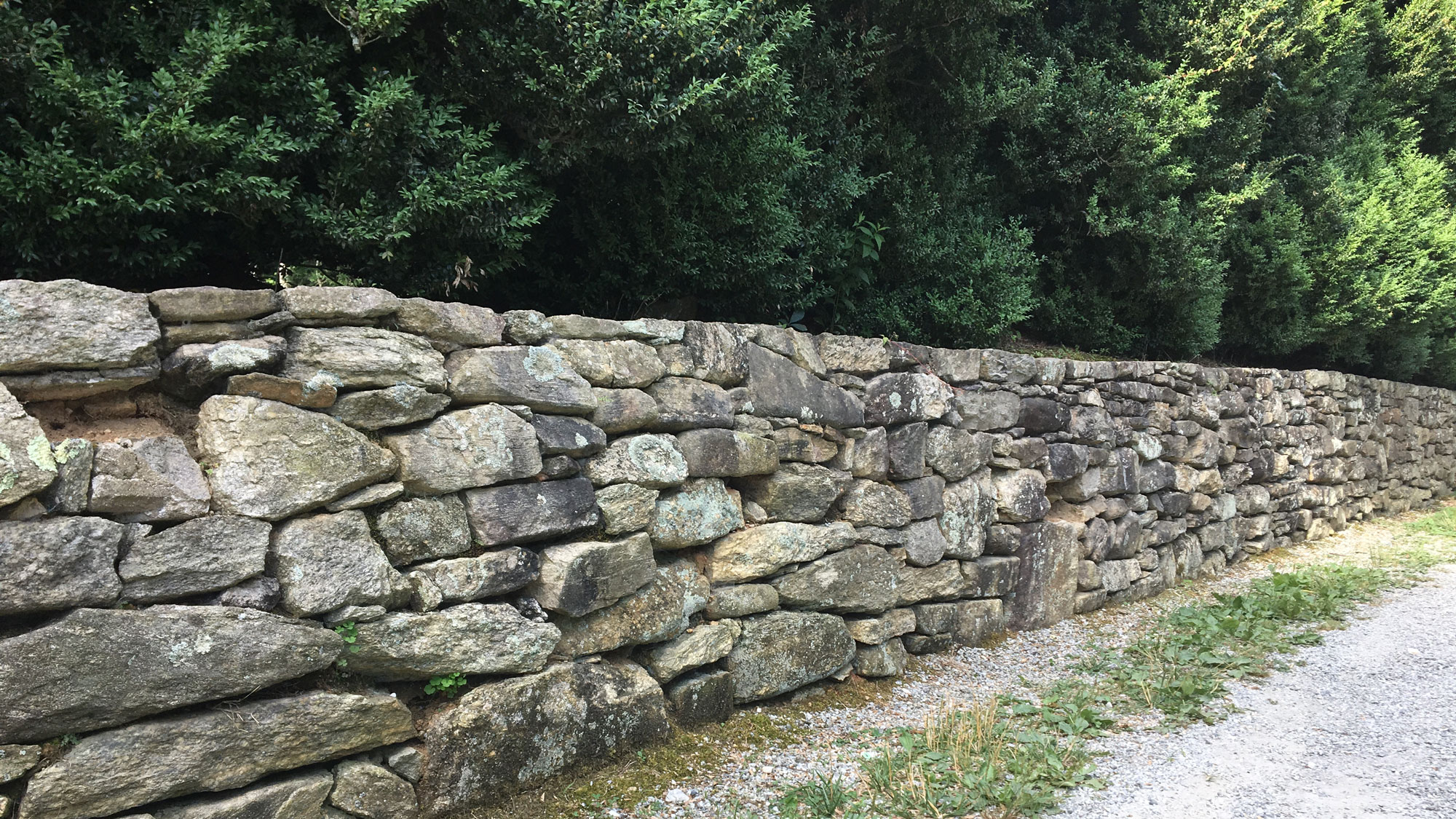From Flat Rock to Moldova: A Journey of Hope
/In 1998, Flat Rock resident Ray F. West, Jr. made his first trip to the former Soviet republic of Moldova, unaware that the visit would alter the course of his life - and ultimately reshape the lives of thousands of Moldovan children.
Moldovan Children
At the time, Ray was serving as vice president of Kanuga Conference Center and commanding a Naval Reserve unit in Greenville, South Carolina. When the U.S. military tapped him to oversee two humanitarian-assistance projects - finishing the construction of an orphanage and repairing a hospital - he accepted, expecting a straightforward assignment.
Instead, what he found in the remote town of Drochia, Moldova left a permanent mark.
Upon arrival, Ray discovered that the “orphanage” he was sent to evaluate was, in fact, the private home of a local couple who had taken in eight older children - the kind too often passed over for adoption. Their kitchen table was bare, the walls austere. Yet the couple’s devotion was unmistakable. “I was sitting there, looking across the table at this guy and his wife doing something far greater than anything I had ever attempted,” Ray recalled. “I felt that I was somehow at the right place at the right time.”
Then came a frustrating revelation. U.S. policy prohibits spending taxpayer money on private residences. Ray had to cancel the project. “And that just tore me up,” he said.
Back home in Henderson County, Ray shared the story of what he had seen in Moldova. Friends, colleagues, and community members began offering donations - first a trickle, then a steady stream. With that grassroots support, the orphanage was built after all.
In that moment, the seed for what would become the Moldova World Children’s Fund (MWCF) was planted.
A Calling Takes Root
Ray West in Moldova
Founded in 1998, MWCF grew from that first act of generosity into a full-fledged humanitarian organization. Ray, joined by fellow Flat Rock resident Albert S. Gooch Jr., then president of Kanuga Conference Center, helped formalize the effort. The mission was direct and powerful - to relieve suffering and improve the lives of Moldovan children.
Ray credits Albert Gooch, now Chairman Emeritus of MWCF, for providing the administrative and fund-raising expertise necessary to launch the new nonprofit. “There was only one person I thought of when I was figuring out how to run a nonprofit and fundraise. It was Albert. And I couldn't think of a better person to ask to be chairman of our board.” Albert would serve as Chairman for the next 27 years, with Ray serving as President of MWCF.
Ray continued working full-time at Kanuga until 2005, when he made a major life decision. “At night, weekends and vacations, Moldova totally captivated my attention,” he said. “I had to follow my heart with those children in Moldova.” He left his Kanuga job of 28 years to dedicate himself to the work full-time.
Albert Gooch (Center) in Moldova
Over the course of the past 27 years, Ray estimates he’s been back to Moldova over 50 times. The country and its people captivated his heart and inspired him to work tirelessly on their behalf. “I was put in a position where I could actually make a difference,” Ray explains. “Moldovans are hardworking, good people trying to make better lives in a very poor country.”
Understanding Moldova
Moldova, a small Eastern European nation once controlled by the Soviet Union, has struggled since its independence in 1991. Though the country is blessed with fertile soil, it lacks energy resources, sea access, and the economic stability needed to transition quickly into a modern market economy. Russia continues to exert political pressure, and Moldova remains one of Europe’s poorest countries.
Jim Olson, Chairman of MWCF, (Left) and Kitty Olson (Center) on a recent trip to Moldova on behalf of MWCF. Jim and Kitty are Also Flat Rock Residents.
Infrastructure was already crumbling when the Soviet Union collapsed, and many communities still rely on primitive building materials such as mud walls, thatch, limestone, and cement block. As fate would have it, the State of North Carolina has also played a role in supporting Moldova through the North Carolina–Moldova Partnership for Peace, founded in 1999 and led today by Secretary of State Elaine Marshall. Marshall, in fact, would ultimately join the MWCF Board.
By leveraging Ray’s commitment and the support of North Carolina, MWCF found a mission field where even small interventions could make a life-changing difference.
How MWCF Helps
Over twenty-five years, MWCF has focused its efforts in five broad areas:
Construction and Renovation – Building and restoring orphanages, community centers, medical facilities, and essential infrastructure.
Critical Medical Care – Funding surgeries and urgent treatment for individuals with nowhere else to turn.
Educational Support – Creating computer labs, providing textbooks and classroom materials, and offering tuition and living stipends to students seeking to continue their education beyond grade school.
Humanitarian Aid – Supplying hospitals, schools, orphanages, farmers, and community centers with equipment, furniture, and emergency assistance.
Crisis Relief – Most recently, providing large-scale aid to Ukrainian refugees fleeing the Russian invasion.
One of the characteristics that makes MWCF unique is its ability to stretch donor dollars. “I realized I could take a $200,000 project to fruition essentially for pennies on the dollar,” Ray said. “I really liked that return on investment, and so did our donors.” In one example, a government-funded hospital had no budget for equipment; MWCF was able to step in to fill the gap.
Current MWCF Chairman Jim Olson is proud of the nonprofit’s ability to leverage sometimes modest resources into an outsized impact. “Donations to MWCF make a direct impact in the lives of children in need, rather than being consumed by overhead costs. In a recent five-year period, 96% of all donations went directly to programs. That’s an extraordinary figure.”
A New Challenge
Ukraine Refugee Facility in Moldova
When Russia launched a full-scale invasion of Ukraine in February 2022, the shock waves rushed across borders with staggering speed. Moldova - small, poor, and ill-equipped for a humanitarian emergency - found itself absorbing more refugees per capita than any other nation in Europe. In the first months alone, more than 250,000 Ukrainians streamed across its borders, arriving with little more than the clothes they carried.
Because the Moldova World Children’s Fund already had trusted partners and a working infrastructure in place, the nonprofit’s response began almost instantly. “We were able to empty out warehouses of blankets, clothes, and wheelchairs to set up refugee centers,” Ray recalls.
What struck Ray most was not just the scale of the crisis, but the response of the Moldovan people themselves. “Despite being so small and so poor, they opened their arms,” he says. “Many took refugees straight into their homes, and many more went to the refugee centers that we helped equip with beds and blankets and mattresses and other basic necessities.”
Recent MWCF Accomplishments
Over the past year, the Moldova World Children’s Fund has continued to weave itself quietly into the daily rhythms of life in Moldova - often in ways that don’t make headlines but make all the difference for the people who live there.
In Drochia, the orphanage that first brought Ray to Moldova remains a constant presence. Twenty-five years after MWCF helped build it, the organization continues to support the home and the children who pass through its doors. The relationship is no longer just charitable; it has become generational, a steady thread in the lives of young people who might otherwise have nowhere to turn.
Across the country, students who dream of becoming mechanics, nurses, teachers, or computer technicians are able to stay in school because MWCF covers the tuition or living expenses their families cannot. For many of these young people, the support is the difference between stopping at a ninth-grade education and stepping into a future they once considered impossible.
Map of Moldova with Pins at every location receiving Assistance from MWCF
This year also brought an infusion of essential supplies - 48,000 pounds of them. Two massive seaborne containers, coordinated with the North Carolina–Moldova Partnership and the Guilford Rotary Club, made their way from the Carolinas across the Atlantic and into Chisinau. Inside were hospital beds, hygiene items, educational materials, wheelchairs, and emergency goods. These are the everyday things that keep clinics running, classrooms functioning, and families afloat.
In the northern villages of Ruseni and Goleni, children now have a new place to gather, learn, and play. Casa Irina - a brightly painted community center built with MWCF’s support - opened its doors this year, celebrated by local mayors, families, and even the U.S. and Moldovan ambassadors. For the children of these rural communities, Casa Irina is more than a building; it is a symbol of possibility.
Meanwhile, a partnership with the Dutch charity SMHO and the Moldovan nonprofit PHOENIX brought eight truckloads of hospital beds, medical equipment, and school furniture into communities that needed them most. In clinics where doctors had been working with outdated equipment and makeshift beds, the donations changed not just workflows but the quality of care itself.
And throughout Moldova and Ukraine-asylum shelters, support from North Carolina congregations - including St. John in the Wilderness in Flat Rock - helped MWCF carry out a series of major relief missions. Their contributions supplied warm beds, mattresses, clothing, and emergency aid to families displaced by hardship or conflict.
Taken together, these efforts form a mosaic of small, life-shaping moments. A student who doesn’t have to drop out of school, a doctor with the right tools for her patients, a child who walks into a bright new community center, a refugee who sleeps on something softer than a concrete floor.
Day after day, in villages and towns scattered across Moldova, MWCF’s presence is felt not through grand gestures but through the practical, compassionate support that makes ordinary life possible.
Support for MWCF
People support the Moldova World Children’s Fund not only because of what it accomplishes, but because of how it accomplishes it. As Chairman Jim Olson puts it, donors are drawn to more than impact - they are also drawn to integrity. MWCF operates an unusually personal connection to the communities it serves. Ray West himself returns to Moldova frequently, walking village roads with local leaders, visiting families, delivering supplies, and working shoulder to shoulder with the people at the heart of the mission.
Supporters feel this closeness. “People liked having a personal relationship with the folks running the organization,” Ray explains. “A personal relationship with the boots on the ground, with the people actually on site, working hand-in-hand with the recipients of aid.” In a world where many large nonprofits feel distant, MWCF’s intimacy is part of its power.
Another reason donors step in so readily is the organization’s ability to stretch every dollar. “We were able to produce a considerable bang for our buck because we could leverage help from the Department of Defense, from the people of Moldova, and other European countries,” Ray says. Partnerships, practical ingenuity, and an on-the-ground network allow MWCF to turn small contributions into far-reaching change.
A Legacy of Compassion
When asked about what he’s most proud of, Ray doesn’t talk about logistics or partnerships. He talks about people. “I think it’s been what the recipients of the support have been able to accomplish with a little help, a little backing, and a little guidance,” he says. “Those are the results - the accomplishments of the children and the success of the facilities.” A repaired clinic. A thriving community center. A student who becomes the first in her family to attend technical school. These are the moments that fuel him.
Formally recognized as a “Hero of Moldova,” Ray has an intimate connection with the country that touched his heart nearly three decades ago. He has been featured on Moldovan public television and he is well-known to current and former presidents of the nation. He has been recognized by four U.S. ambassadors to Moldova.
Through it all, MWCF today is still rooted in the same feeling Ray West had sitting at that kitchen table in Drochia twenty-five years ago. The faces have changed, the projects have grown, but the calling hasn’t shifted an inch. “A hurting child is a hurting child,” he says. “Wherever they live—even if it’s on the other side of the world.”
How to Help
MWCF operates as a “boots-on-the-ground” organization committed to alleviating suffering and improving the lives of those most in need. Donations can be made online at www.moldovawcf.org, or by mail at:
Moldova World Children’s Fund, Inc.
P.O. Box 548
Hendersonville, NC 28793-0548
Even small gifts can have a major impact in a place where resources are scarce and hope is too often in short supply.
